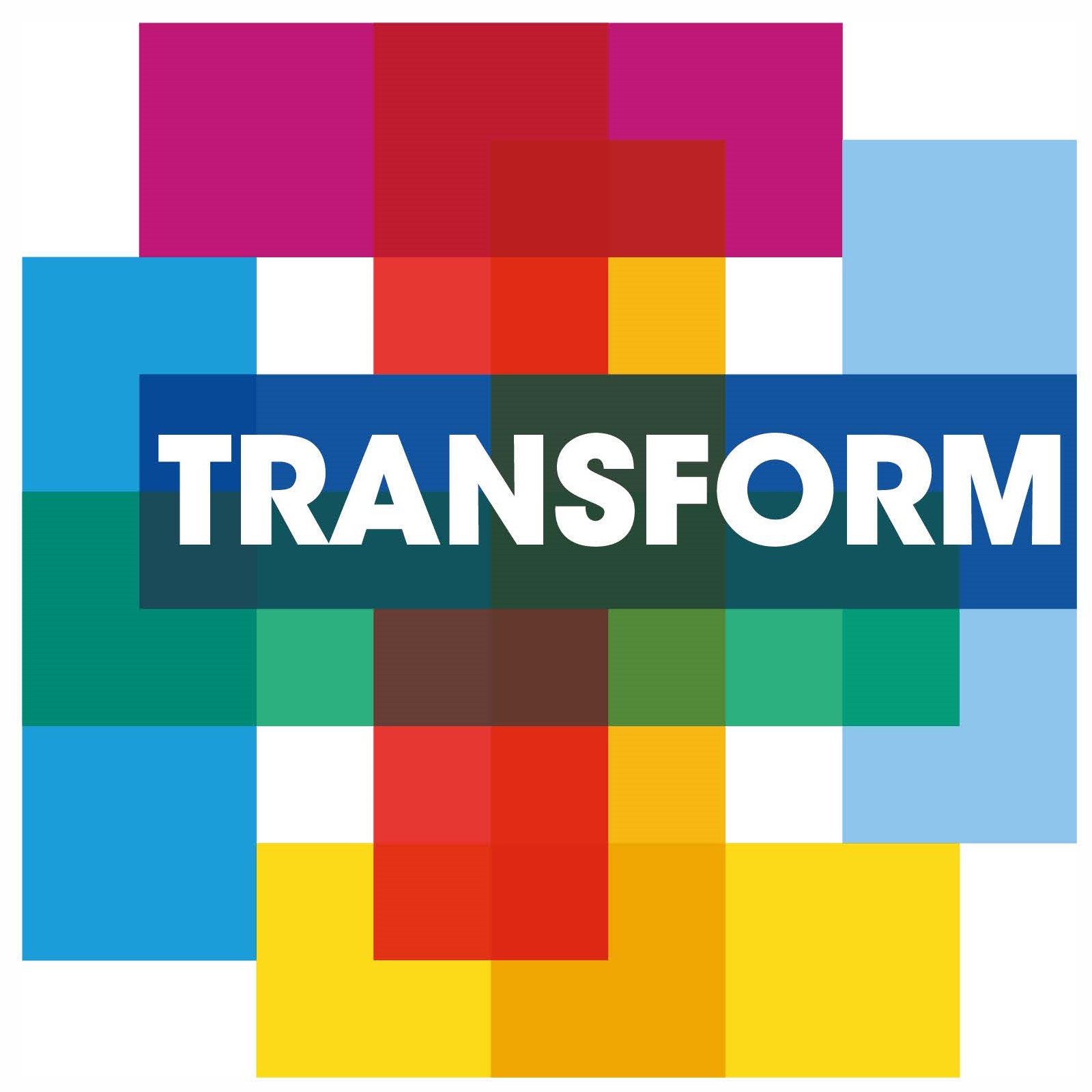

The Organisation for Economic Co-operation and Development (OECD) data shows that most plastic waste in Asia is either incinerated or sent to landfills, while the lack of infrastructure offers little incentive in Africa for consumers to recycle. Low-income communities are less likely to have effective waste management programmes and plastic waste often ends up polluting the surrounding environment. Limited access to plastic recycling services remains a challenge, as are behavioural problems relating to social norms, habit formation, salience, and mental models about waste management.
TRANSFORM supported the Busara Center for Behavioral Economics to conduct research to understand the barriers to recycling, and design behaviourally informed interventions to address these barriers and increase recycling behaviour.
Busara is conducting contextualised research with local enterprises to diagnose and design behaviourally informed strategies that address barriers in plastic recycling. They are developing a broadly applicable playbook of best practices to promote uptake of plastic recycling and evaluating some of the proposed interventions for real-world efficacy. TRANSFORM is helping test these ideas and put them into practice.
Get in touch with Busara
If you would like to learn more or explore more opportunities for below collaboration, click below to connect with this enterprise.
contact